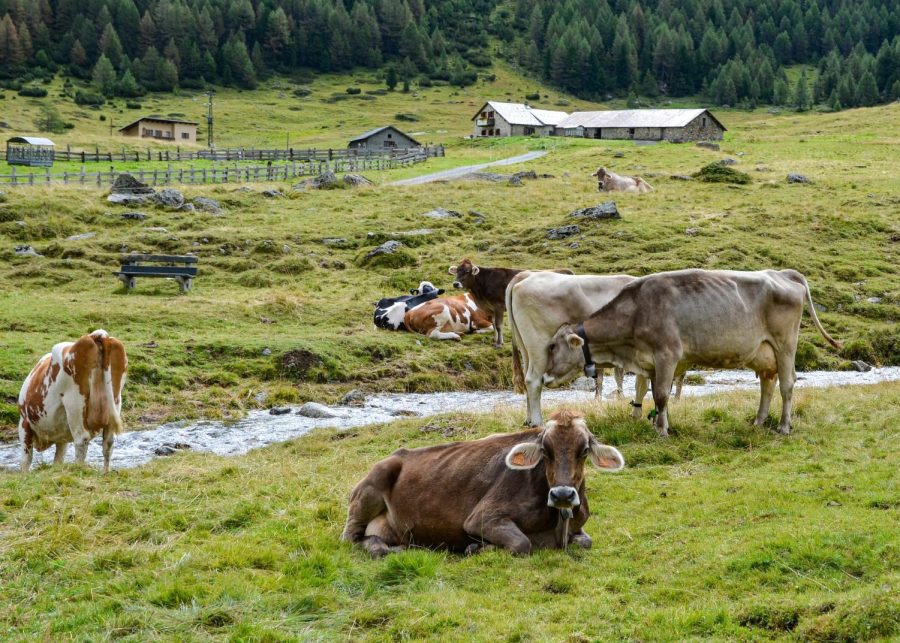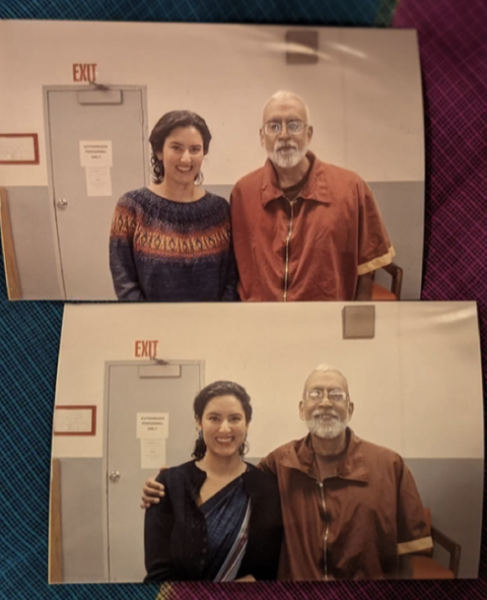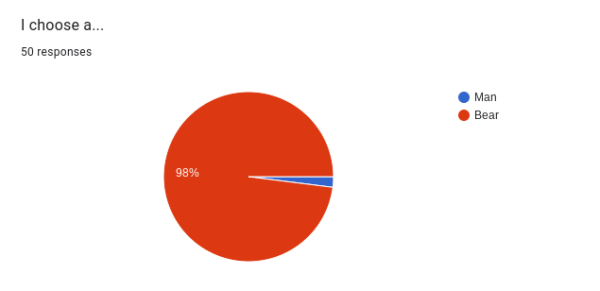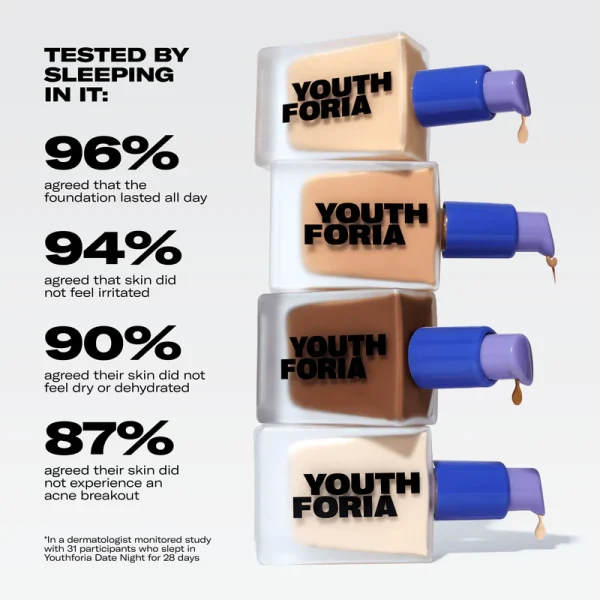Born to Die: Meat Consumption in The United States
Beef cattle graze the fields of a local pasture.
June 3, 2023
Every day, approximately 137 million hamburgers and 19 million hot dog are eaten in the US. 38 billion pounds of meat are consumed in just one year. For this to happen, over fifty-five billion animals are slaughtered annually for meat consumption in the U.S. alone.
Animals that are slaughtered for meat are not dumb — they know what is going on. They are incredibly smart. Take, for instance, pigs. According to the World Animal Protection Society, pigs are the 5th smartest animals in the world — and they are very commonly eaten for breakfast. Pigs have been found to be even smarter than dogs, the animals that many treasure, keeping as our own pets and letting them sleep in our beds. Pigs have also been found to be smarter than a three-year-old human.
When discussing animal rights and meat consumption, many will argue that the meat industry is part of the circle of life and is completely natural. The raising of animals so we may slaughter and consume them is not natural, it is an interruption to the circle of life just as murder is.
When asked about her decision to go meat-free, State High freshman and two-year vegetarian, Libby Peachey said, “Things like even dairy and milk, it’s really easy for animal rights to be overlooked with big industries and with the way that agriculture has shifted through the industrial revolution and the green revolution — there’s obviously a shift towards making more of an economy and more of a direction just to get profit. I feel like it’s often overlooked the way that animals are being treated.”
Large-scale industries are ensuring the misery of animals’ lives and raising them for the mere purpose of slaughter.
Meat production benefits no one, not the animals, consumers, employers, or the environment. State High freshman and agriculture student, Meagan Kelliher said, “I feel like being vegetarian is better for the environment because it reduces the amount of carbon that is emitted into the atmosphere and helps lower global warming.”
By 2050, if everyone all went vegetarian, carbon emissions would decrease 60%. In order for global warming to stop or even begin to stop, encouraging more people to go vegetarian is a simple and easy sacrifice that would go to incredible lengths to save the planet.
“If you don’t eat meat, you can reduce your carbon footprint by 40%. I am vegetarian to reduce my carbon footprint and be conscientious of my consumer choices to not contribute to a global climate crisis,” Peachy stated. Vegetarianism is the first step to conserving energy and the earth.
Not only can working in a slaughterhouse be a physically dangerous task, but it is almost always extremely mentally dangerous for those exposed to the horrors of daily animal deaths.
According to the Yale Global Health Review, rates of criminal activity such as sexual violence are shown to be higher for slaughterhouse workers than that for people employed elsewhere. Slaughterhouse workers are also shown to have higher levels of perpetration-induced traumatic stress, or PITS. Being tasked with the job of slaughtering hundreds of animals a day leaves workers stressed, depressed, and suffering from high levels of anxiety. As mental health resources are not accessible for many, employees turn to unhealthy stress reducers like drug and alcohol abuse, or can also project stress upon others and in extreme cases resort to domestic violence.
Choosing to go reduce meat consumption can make a big difference. The more people that go plant-based or consume less meat will decrease demand for meat and force slaughterers to decrease the amount of supply they are producing, reducing carbon emissions and saving the lives of many animals. Choosing to consume less or no meat does not have to be a difficult decision.
“It’s actually way less hard than it seems. A lot of people are concerned about getting protein. Beans are really high in protein, there are a lot of plant-based protein powders that you can incorporate into your diet, and there are a lot of other things you can eat instead of meat,” Peachy said. “If you enjoy the taste of meat, you could go for a meat substitute. There are a lot of things you eat that don’t include meat that you eat on a daily basis already, like peanut butter and jelly sandwiches. It’s really easy to switch over and it’s easier than you think it will be.”
Instead of going for the pork-loaded nachos in the cafeteria line, try going meat-free. Rather than the beef patty, try the vegetarian burger at a favorite burger place, which may taste just as good, if not better than the beef patty.
Peachey gave more advice for lowering one’s meat consumption. “You can also do it gradually, I know a lot of people start with eliminating seafood, eliminating pig – that’s the one protein that they eliminate, and then they do it bit by bit, and then they completely eliminate meat.”
Eliminating meat does not have to be some extreme and sudden transition. It’s also important to note that to help our earth and animals, you don’t have to go completely meat-free. Reducing the amount of meat consumed and ensuring that the occasional meat that is eaten is locally sourced can make a huge difference. Every person that decides to limit meat consumption or go plant-based can make a bigger difference than some may believe.












